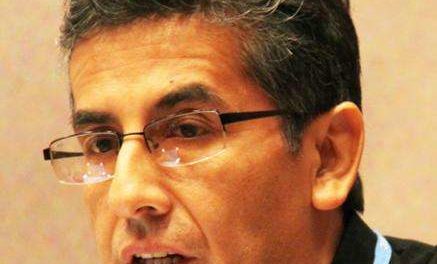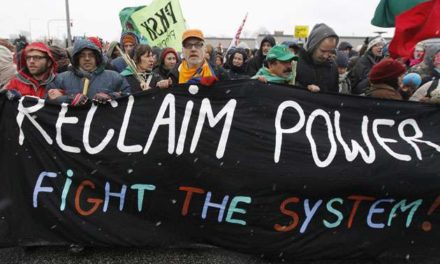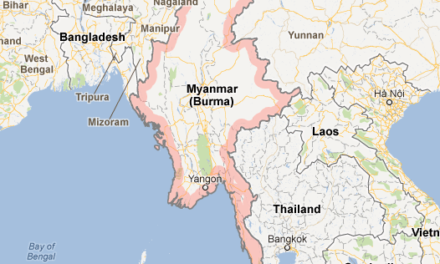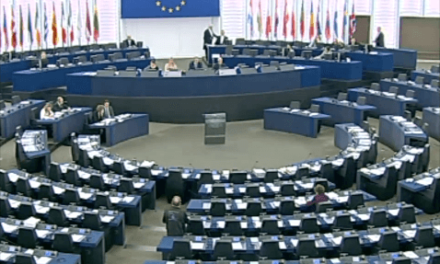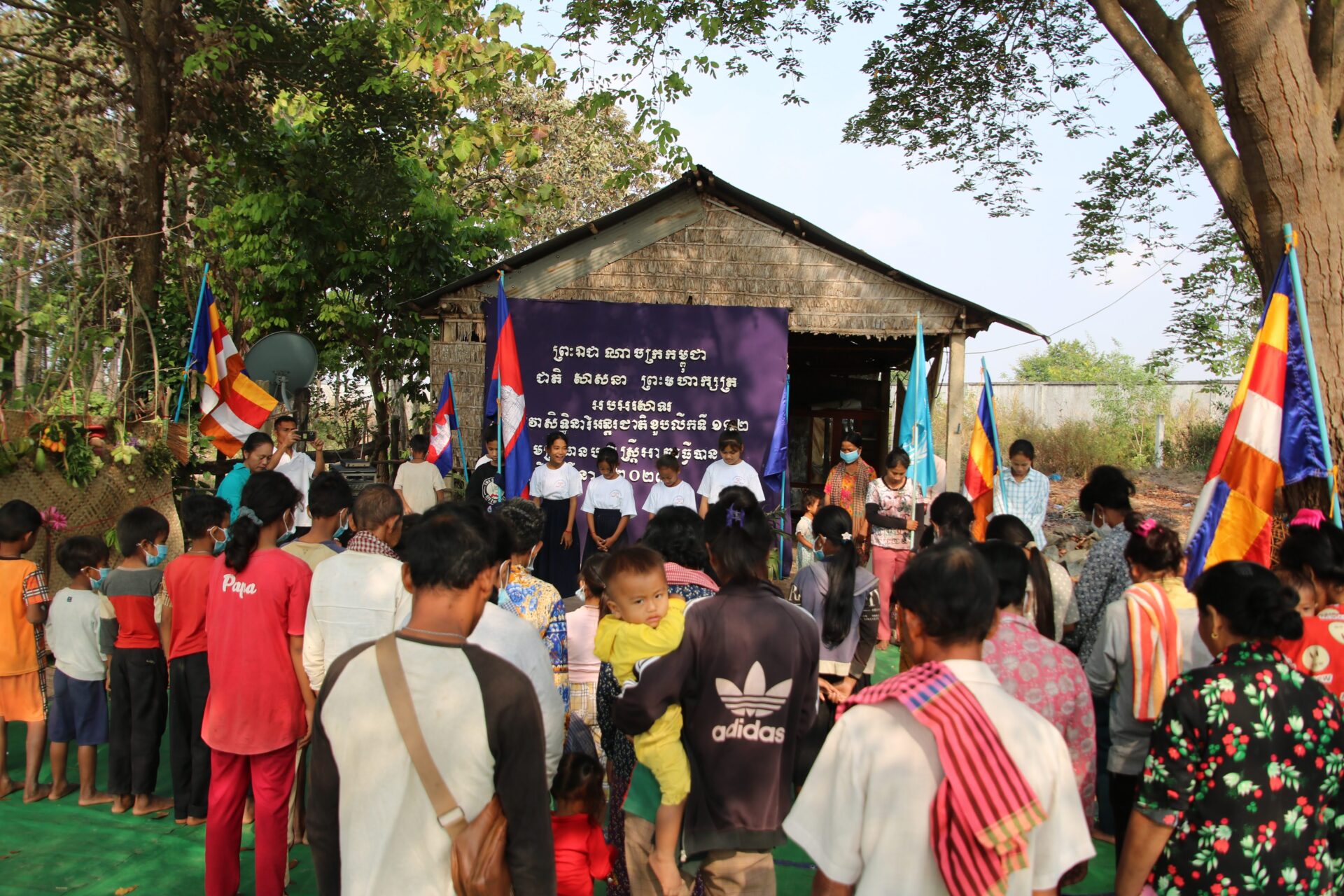
Key highlight from international women’s day
Members of the community came together to celebrate their accomplishments in the preceding year and share stories of their struggles for their families’ means of subsistence and the right to own land and develop their livelihood.
According to Mr. Nuon Saven, the second deputy of the commune, women have been elevated to the role of “world mother,” and they have equal voting rights as men. He emphasized that women also have the right to enter politics. As a whole, the commune’s success can be measured by the fact that more women than men continue their education through high school. It’s important to establish a culture of open dialogue and mutual respect, and therefore, Mr. Nuon Saven urged all men to refrain from using physical violence against women and from coercing their partners. He also expressed his respect for women because they consistently provide for and tend to their families and communities.
Ms. Houn Siem, a widow, has spoken publicly about her decision to take any available legal work to put her children through education. She inspires other women in the area to keep up the good work and stand up against any injustices that hinder the commune’s progress.
Ms. Yin Pich said that for the past decade, she has been working to end discrimination against women by urging authorities to change their policies. She expressed her frustration that women are not considered as individuals in the commune’s plans. However, she emphasized that everyone is encouraged to participate in their activities, and today’s public event is a great example of that. She encouraged anyone experiencing domestic abuse to engage actively with commune councils.
Keo Vannak expressed happiness to see many organizations supporting local initiatives. She noted that women have equal rights to men, but there are still gaps that men have yet to acknowledge. She called for a family conversation on the topic and urged all women to keep fighting for land rights until justice is achieved locally and globally.

Mrs. Um Sophy, the community representative for Lor Peang, expressed that despite the support of the Royal Government, female community leaders are still facing discrimination from men, local authorities, and society. She mentioned that they often face challenges in getting men to attend meetings with them. Additionally, losing land is a significant burden for women as it impacts their ability to contribute to income-generating activities that support their family’s economy. In recent years, the COVID-19 pandemic has added another burden for women, including unemployment, reduced income from work, and the need to migrate to find work.
Mrs. Um Sophy highlighted that women are more vulnerable to these challenges than men, as they are often responsible for taking care of children in the family and may experience stress due to their inability to earn a living.
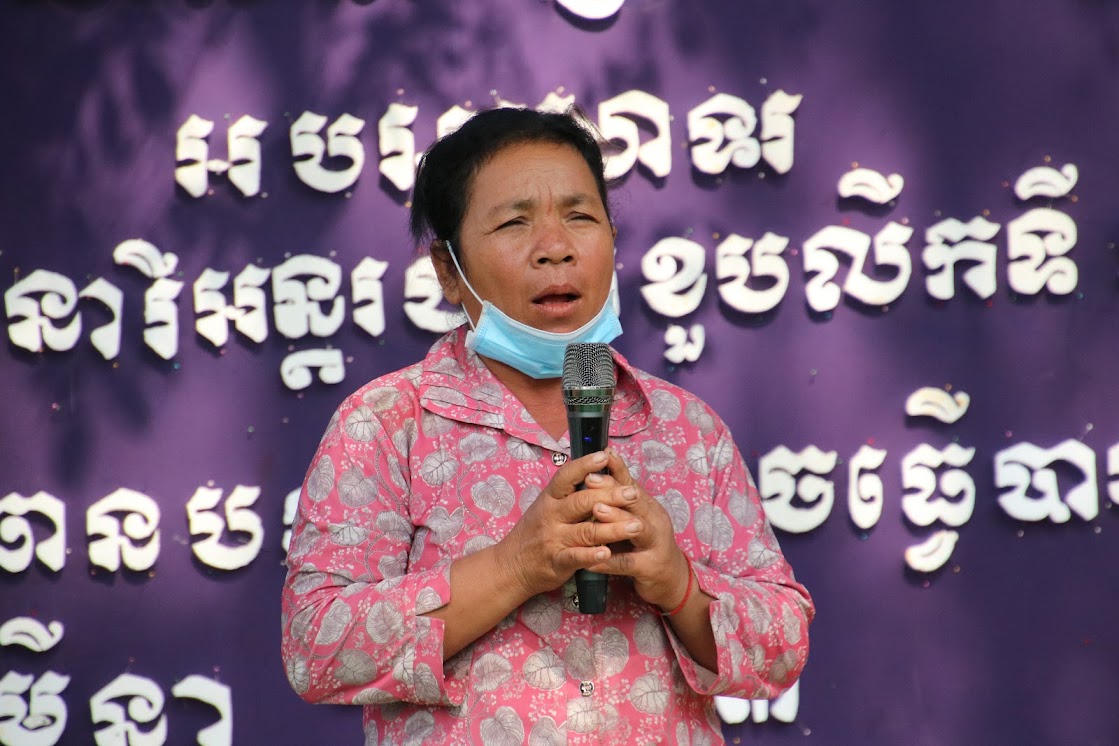
Ms. Tuon Seng, a member of the Tamol Leu community, shared her experience of being arrested and imprisoned for four months after she raised concerns about burning garbage on her own land. As a result, the other party destroyed her crops and the authorities did not provide a solution. She called on the government to intervene and help resolve the ongoing issue of land tenure and ownership, which has negatively impacted people’s livelihoods. The authorities have also used their power to harass and intimidate innocent individuals.
Mr. Sam An, a fisherman from the Choul Kiri community, expressed his admiration for the resilience of women, calling them “amazing heroes.” He attributed the quality of his family’s food, water, employment, housing, clothing, education, children, and overall well-being to the hard work and dedication of the women in his community. He also expressed his gratitude to all the women who continue to strive for a better future for their families and communities.
Sokha, a 36-year-old widow, attributes her separation from her husband to domestic abuse. Her alcoholic husband had a history of abusing both her and her sister. When her husband beat her sister, Sokha sued for divorce and prison time. However, her husband’s family intervened and begged her to release him. Sokha used to work at a factory in Sihanoukville, but she was let go in 2021 due to the Covid outbreak. She returned to her hometown to help her sister with the children. Currently, Sokha does not work outside the home but supports herself by rearing pigs and growing a few crops. Her three nieces and one nephew, who have relocated to Phnom Penh for work, provide her with food, rice, and meat. She occasionally goes to the field to search for grapes and bamboo shoots to sell. However, the kuy tree was chopped down to harvest its medicinal value, so kuy fruit is no longer available.

Sokha’s current home is located on land that was once part of the commune’s land division, although it has seen little cultivation in recent years. After returning from the Khao Dang camp in 1998, Sokha and her sister’s family settled in this area. She fears that if they do not cultivate or settle here, the commune head would give the land away. Thus, they are forced to keep farming despite its low profitability. A well funded by charity provides clean water, but the water quality is deteriorating over time. If the water is not available for a year, she asks a neighbor down the main road for a bucket of water, but they have to haul the rod there and back. Sokha hopes to produce pigs with her three sows every day, and if successful, the sows will have offspring three times a year, which she can then sell for a profit of between 70,000 and 100,000 riels.
Sokha joined Pech Changva beautiful forestry to help preserve the forest, but she knows that the forest is gradually declining due to human growth, encroachment, and deforestation. Despite past actions by the community committee, the commune no longer dares to sign the land dragging agreement, and 10 people have signed contracts not to do it. Although there are 1111 hectares of land for community forestry, so far, the village and commune authorities have managed and taken more than half of the community forest land. Sokha understands that when the forest is depleted, the rain will change, and people will not be able to farm, leading to starvation. The weather is very hot and dry from day to day, and there is no firewood for cooking. The clearing of many areas has affected the search for non-timber forest products.
Although the attendance at the International Women’s Day celebration was lower than in previous years, Sokha felt a strong sense of community and was grateful for the opportunity to participate.

